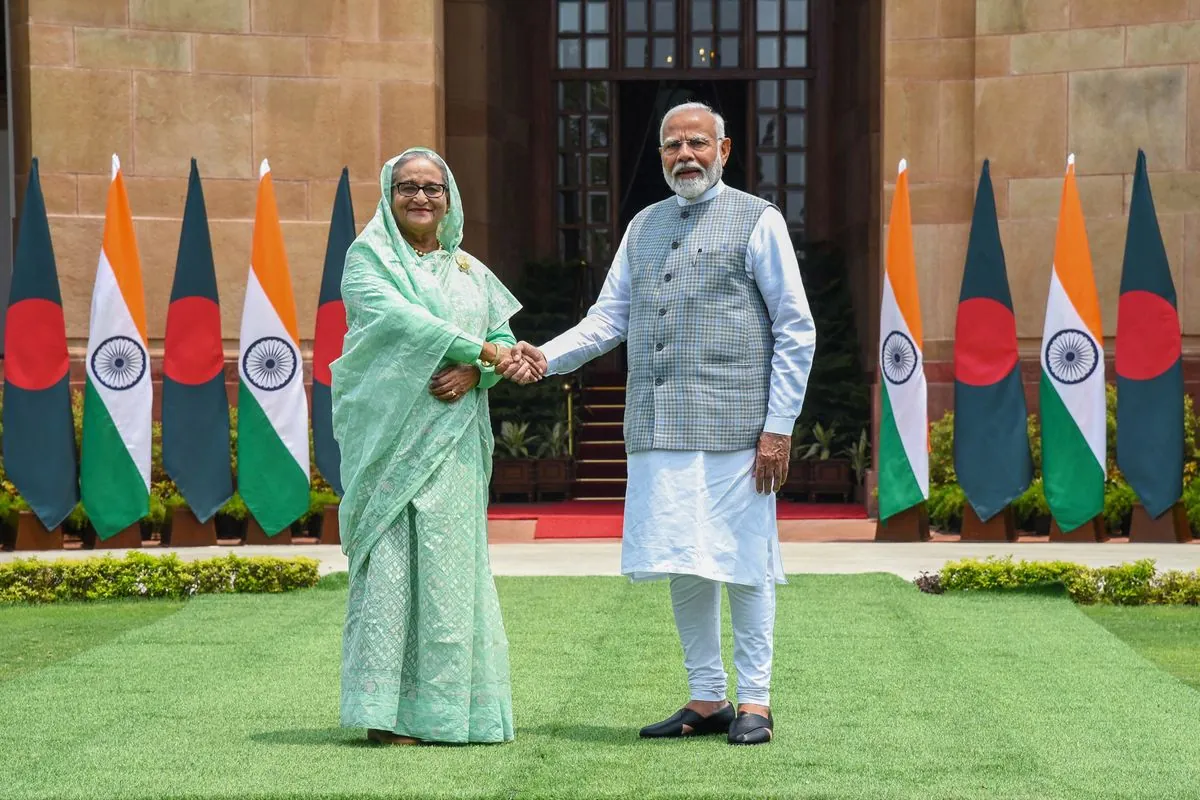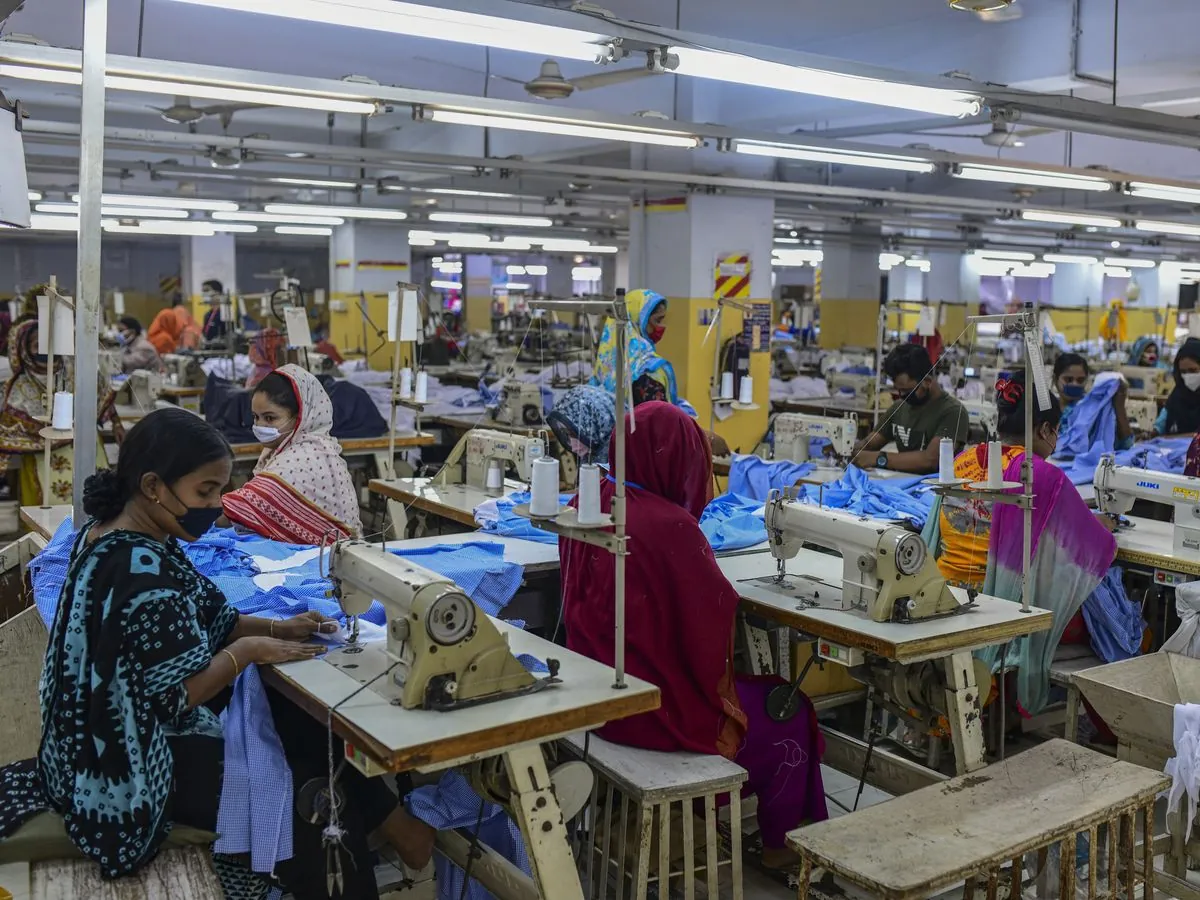Bangladesh PM's Exit Reshapes South Asian Geopolitics, Challenges India
Sheikh Hasina's resignation from Bangladesh's leadership creates a diplomatic challenge for India. The power shift could alter regional dynamics, potentially favoring China and Pakistan's interests.

The recent departure of Sheikh Hasina from her role as Bangladesh's Prime Minister has created a significant shift in South Asian geopolitics, presenting a complex challenge for India. Hasina's 15-year tenure, which began in 2009, was marked by strong ties with India and significant economic growth for Bangladesh.
Bangladesh, the world's eighth most populous country with a land area of 147,570 square kilometers, has been a crucial ally for India under Hasina's leadership. The nation, home to the Sundarbans, the world's largest mangrove forest, has seen remarkable progress in various sectors during her rule.
Hasina's government fostered close relations with India in trade, energy, and defense. Bangladesh became India's primary trade partner in South Asia, with bilateral trade reaching nearly $16 billion. The country's economic boom, coupled with its status as one of the world's largest textile exporters, further solidified its importance in the region.

The geopolitical implications of Hasina's exit are significant. India now faces the challenge of maintaining its influence in a region where other countries have been gravitating towards China. Bangladesh's potential realignment could affect the delicate balance of power, especially considering ongoing border disputes with China and Pakistan.
"India will need much political and diplomatic skill in dealing with the consequences of the fall of Sheikh Hasina, which could rattle the geopolitics of the subcontinent, if not reshape it."
Hasina's secular leadership in the Muslim-majority nation of 170 million was crucial for regional stability. Her government's efforts in curbing anti-India insurgents and Islamic militancy were particularly valued by India. Bangladesh's contribution to UN peacekeeping missions further enhanced its international standing.
The power vacuum left by Hasina's resignation raises concerns about the status of minorities, particularly the Hindu population, which comprises nearly 8% of Bangladesh's total. There are worries about potential targeting of these groups, although reports of attacks following Hasina's ouster remain unverified.
Bangladesh's unique position as a country vulnerable to climate change, with over 700 rivers shaping its geography, adds another layer of complexity to its future governance. The nation's progress in digital innovation, e-governance, and poverty reduction under Hasina's rule sets a high bar for any succeeding administration.
As Bangladesh moves towards forming an interim government led by Nobel laureate Muhammad Yunus, known for pioneering microfinance in the country, India faces the task of recalibrating its diplomatic approach. The potential rise of opposition parties with historical ties to Pakistan and support for insurgent groups in India's northeastern states is a particular concern for New Delhi.
The situation remains fluid, with uncertainties surrounding Bangladesh's future direction and its impact on regional dynamics. India's ability to navigate these changes will be crucial in maintaining its influence and ensuring stability in South Asia.


































